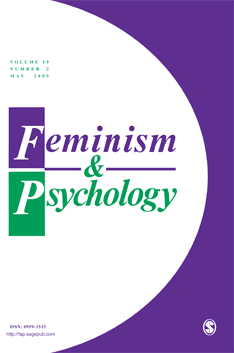
The abortion decision-making process is embedded within overlapping power relations. Using a post-colonial feminist framework, we analyse South African and Zimbabwean women’s narratives regarding their abortion decision. As neighbouring countries, South Africa and Zimbabwe provide a useful counterpoint as they have common and differing social histories and very different abortion legislation. In our analysis, we unpick transversal commonalities and divergences in the discursive resources deployed by the women in their narratives in the two sites. Commonalities included the women feeling compelled to justify their abortion decision in the interactive interview space, an absence of a reproductive rights discourse, and the deployment of relationship embedded discourses in the justificatory work performed by the women. The ‘‘conjugalisation of reproduction’’, ‘‘imperative of good mothering’’, and ‘‘unstable partner relationships’’ discourses featured across both sites but the manner in which these were deployed differed. These discursive resources allowed the women to position themselves as making responsible decisions. The Zimbabwean women spoke of shame and hiding, a discursive resource that was explicitly absent in the South African women’s accounts. We conclude by arguing that our post-colonial feminist approach allows for a contextualised reproductive justice stance to abortion decision-making that identifies both transnational and context-specific power relations.
You can access the article here:http://journals.sagepub.com/eprint/JwNqAkaY38sJiMjY6GWY/full#.
